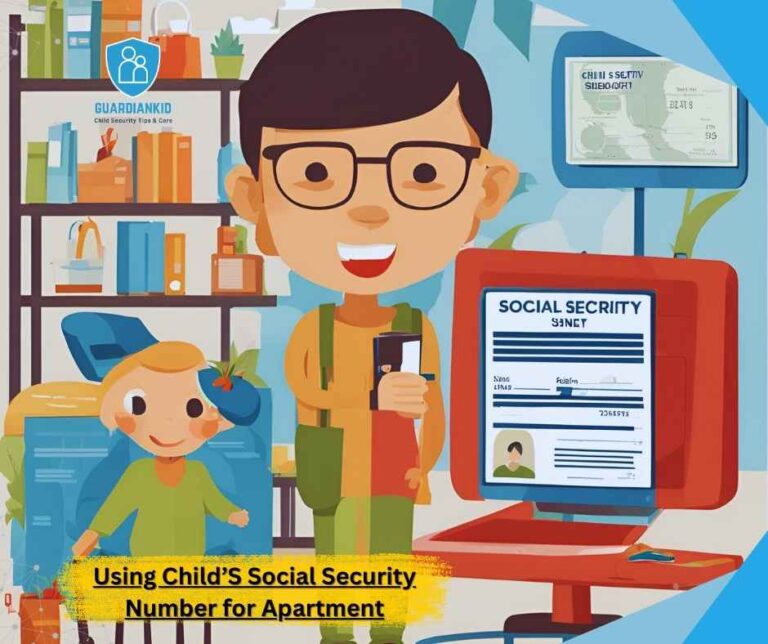What Are the 5 Most Common Mental Disorders in Children?: Unveiled Insights
Understanding childhood mental health is crucial for early intervention and support. Knowing “What Are the 5 Most Common Mental Disorders in Children?” can help parents and caregivers recognize signs and seek appropriate help.
The 5 most common mental disorders in children include ADHD (Attention-Deficit/Hyperactivity Disorder), anxiety disorders, depression, autism spectrum disorder, and conduct disorder. Each condition presents unique challenges and requires tailored approaches for effective management and support.
5 Most Common Mental Disorders in Children : Table Chart
| Attention Deficit Hyperactivity Disorder (ADHD) | Can’t sit still, Talks too much, Forgets things easily, Can’t finish tasks | Medications, Behavioral therapy, Parent training, School support |
| Anxiety Disorders | Worrying too much, Fear of being alone, Refusing to go to school, Stomach aches | Cognitive-behavioral therapy (CBT), Medications, Relaxation techniques, Support from family |
| Depression | Feeling very sad, Not enjoying activities, Feeling tired all the time, Changes in sleep | Medications, Talk therapy, Exercise, Healthy diet |
| Autism Spectrum Disorder (ASD) | Not making eye contact, Repeating actions, Having trouble talking, Prefers being alone | Speech therapy, Behavioral therapy, Occupational therapy, Special education programs |
| Conduct Disorder | Breaking rules, Being aggressive, Hurting animals, Destroying property | Behavioral therapy, Family therapy, School support, Medications |
1. Attention Deficit Hyperactivity Disorder (ADHD)
ADHD is a common disorder. Children with ADHD have trouble paying attention. They may also be very active or impulsive.
Symptoms Of Adhd
- Can’t sit still
- Talks too much
- Forgets things easily
- Can’t finish tasks
Treatments For Adhd
- Medications
- Behavioral therapy
- Parent training
- School support
2. Anxiety Disorders
Many children feel anxious sometimes. But some have anxiety disorders. This means they feel very worried often.
Symptoms Of Anxiety Disorders
- Worrying too much
- Fear of being alone
- Refusing to go to school
- Stomach aches
Treatments For Anxiety Disorders
- Cognitive-behavioral therapy (CBT)
- Medications
- Relaxation techniques
- Support from family
3. Depression
Depression is more than just feeling sad. Children with depression feel very down for a long time.
Symptoms Of Depression
- Feeling very sad
- Not enjoying activities
- Feeling tired all the time
- Changes in sleep
Treatments For Depression
- Medications
- Talk therapy
- Exercise
- Healthy diet
4. Autism Spectrum Disorder (ASD)
ASD affects how children communicate. It also affects how they behave.
Symptoms Of Autism Spectrum Disorder
- Not making eye contact
- Repeating actions
- Having trouble talking
- Prefers being alone
Treatments For Autism Spectrum Disorder
- Speech therapy
- Behavioral therapy
- Occupational therapy
- Special education programs
5. Conduct Disorder
Children with conduct disorder have trouble following rules. They may also be aggressive.
Symptoms Of Conduct Disorder
- Breaking rules
- Being aggressive
- Hurting animals
- Destroying property
Treatments For Conduct Disorder
- Behavioral therapy
- Family therapy
- School support
- Medications
Frequently Asked Questions
What Are The Signs Of Adhd In Children?
ADHD symptoms include inattention, hyperactivity, and impulsivity. Children may struggle to focus and control their behavior.
How Is Autism Diagnosed In Kids?
Autism is diagnosed through behavioral assessments and developmental screenings. Pediatricians and specialists evaluate social, communication, and behavioral skills.
Can Anxiety Disorders Affect Children’s School Performance?
Yes, anxiety disorders can impact school performance. Children may experience difficulty concentrating, frequent absences, and lower grades.
Conclusion
Mental disorders in children are common. ADHD, anxiety, depression, autism, and conduct disorder are the most common. Early help is very important. If you think your child has one of these, talk to a doctor. They can help your child feel better.
